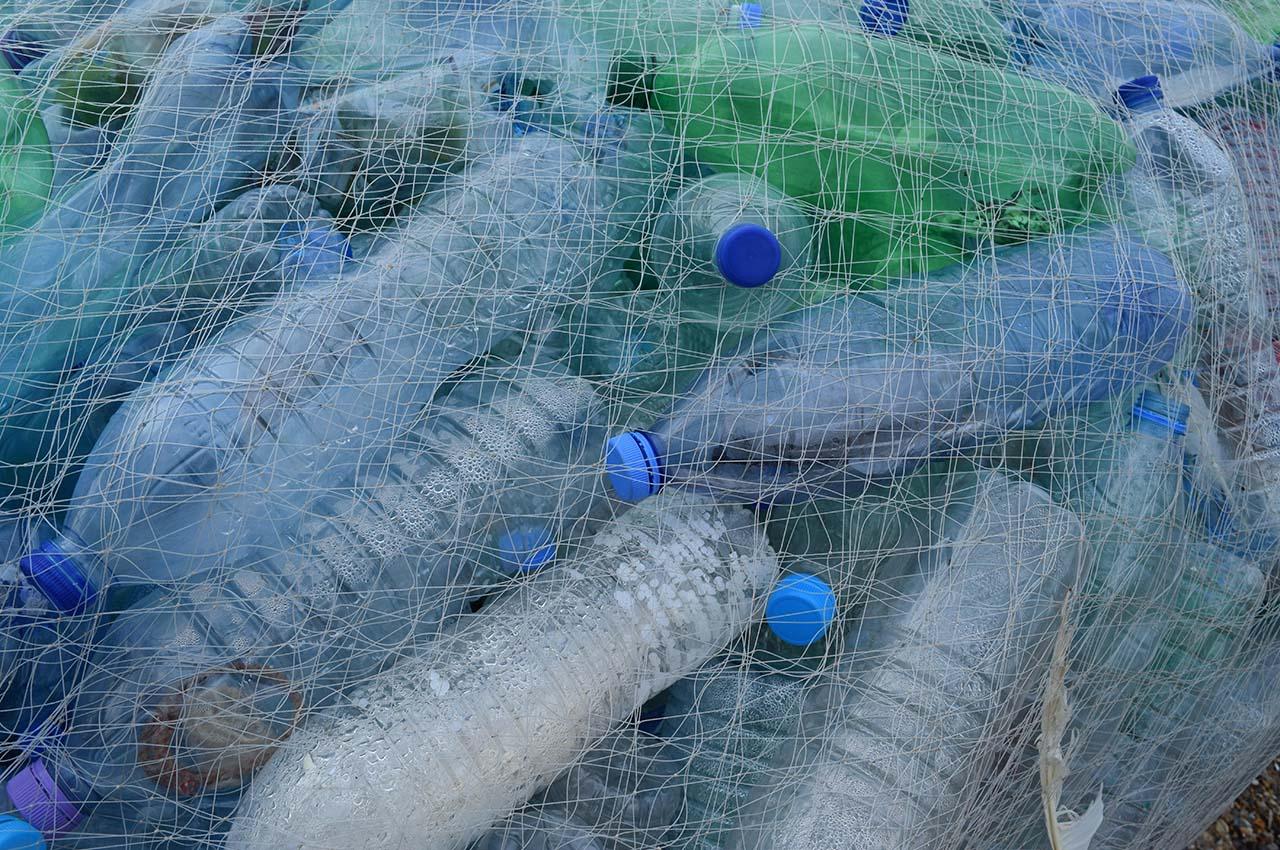Identified single use plastic items, which have low utility and high littering potential, have already been prohibited, with effect from July 1, 2022, vide Plastic Waste Management Amendment Rules, 2021 notified on August 12, 2021, across the country. Now the Extended Producer Responsibility (EPR) mandate will be taken into account to reduce the footprint of use plastic use in the packaging sector.
The notification also prohibits manufacture, import, stocking, distribution, sale and use of plastic carry bags having thickness less than seventy-five microns with effect from September 30, 2021, and having thickness less than thickness of one hundred and twenty microns with effect from the December 31, 2022. Regular enforcement drives have been undertaken to implement ban on identified single use plastic items and on plastic carry bags having thickness less than one hundred twenty microns. Action have been taken on the deviations, which include seizure of banned single use plastic items and levy of penalty.
For effective monitoring of ban on identified single use plastic items and plastic waste management in the country the following online platforms are in operation (a) National Dashboard for monitoring of implementation of comprehensive action plan(b) CPCB Monitoring Module for Compliance on Elimination of Single Use Plastic, and (c) CPCB Grievance Redressal App.
Steps have been taken by concerned central ministries and state governments towards implementation of ban identified single use plastic items. Private enterprises are manufacturing eco-alternatives. Around 150 manufacturers and startups manufacturing eco-alternatives to banned single use plastic items from across the country participated in the National Expo on eco-alternatives to banned single use plastics items and Conference of Startups -2022 held in Chennai on 26-27th September 2022. Further, 201 Manufacturers/Sellers of compostable plastics have been certified by CPCB and the list is available on the website of CPCB.
The Plastic Waste Management Rules, 2016, as amended, provide the statutory framework for environmentally sound management and disposal of plastic waste including waste generated from single use plastic. The Guidelines on Extended Producer Responsibility (EPR) for plastic packaging vide Plastic Waste Management (Amendment) Rules, 2022, on 16th February 2022. The Guidelines stipulate mandatory targets on EPR, recycling of plastic packaging waste, reuse of rigid plastic packaging and use of recycled plastic content. The guidelines provide for moving towards sustainable plastic packaging and reducing the plastic foot print of plastic packaging. The Government of India also provides additional central assistance to the States/UTs under the Swachh Bharat Mission for solid waste management including plastic waste management, in urban and rural areas of the country, as per scheme guidelines.





























